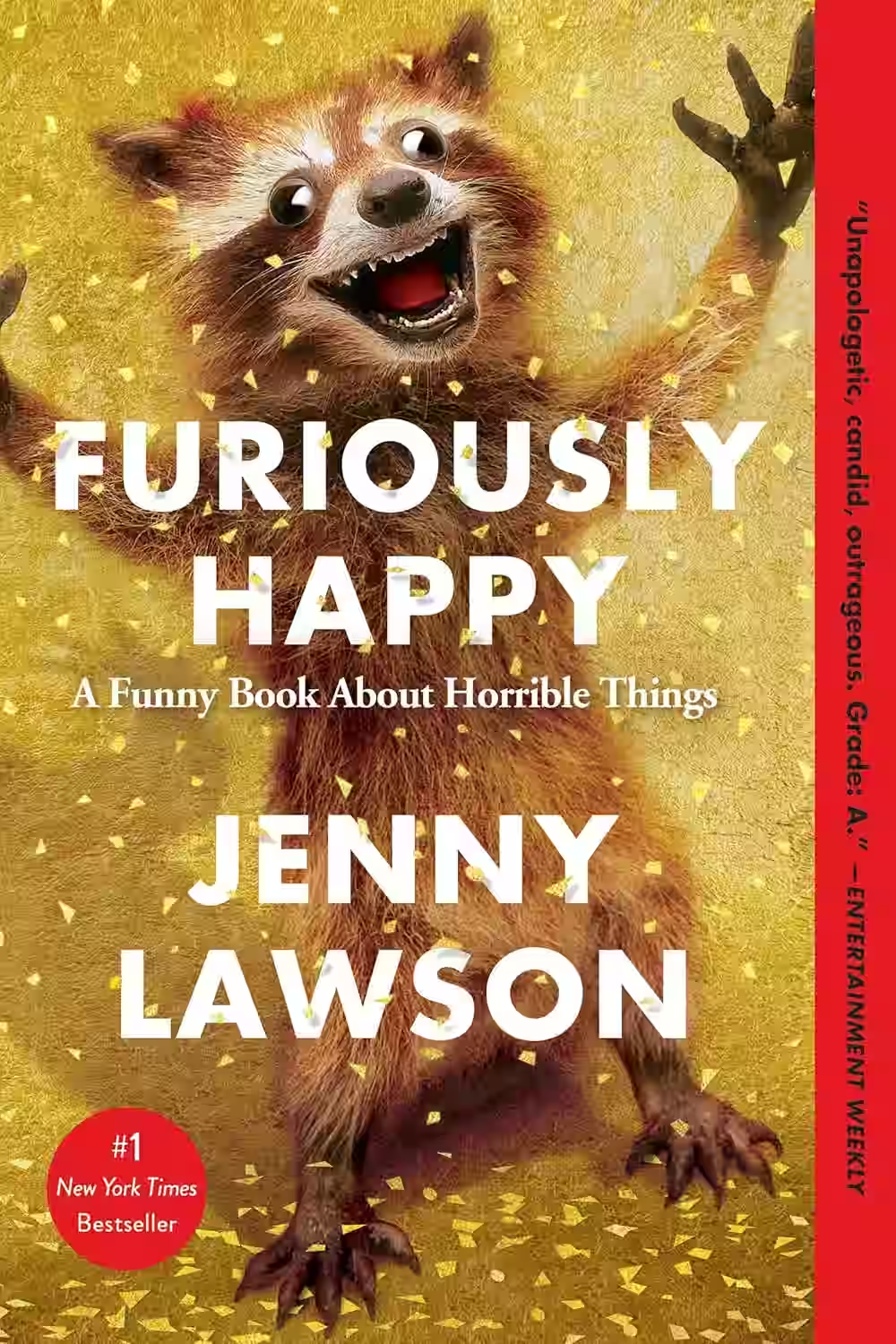
In 'Furiously Happy: A Funny Book About Horrible Things' by Jenny Lawson, readers are taken on a rollercoaster of emotions as the author fearlessly delves into her struggles with mental illness while infusing humor and wit into every page. Lawson's candid storytelling touches on topics like anxiety, depression, and the quest for happiness in the face of adversity. Through a series of hilarious and poignant anecdotes, she challenges the stigma surrounding mental health and encourages readers to embrace their quirks and find joy in the midst of chaos. This book is a refreshing blend of humor and vulnerability that will leave you both laughing and contemplating life's complexities.
About Jenny Lawson
Jenny Lawson, born in 1973, is an American author known for her candid and humorous writing style. Growing up in rural Texas, Lawson's early experiences with mental illness and eccentric family dynamics greatly influenced her work. She gained widespread recognition with her memoir 'Let's Pretend This Never Happened,' which humorously delves into her quirky upbringing. Her second memoir, 'Furiously Happy,' further explored mental health with a blend of humor and honesty, resonating with a broad audience. Lawson's impact on literature lies in her ability to address serious topics with levity, making difficult conversations more approachable and fostering a sense of community among readers.
Other Books by Jenny Lawson
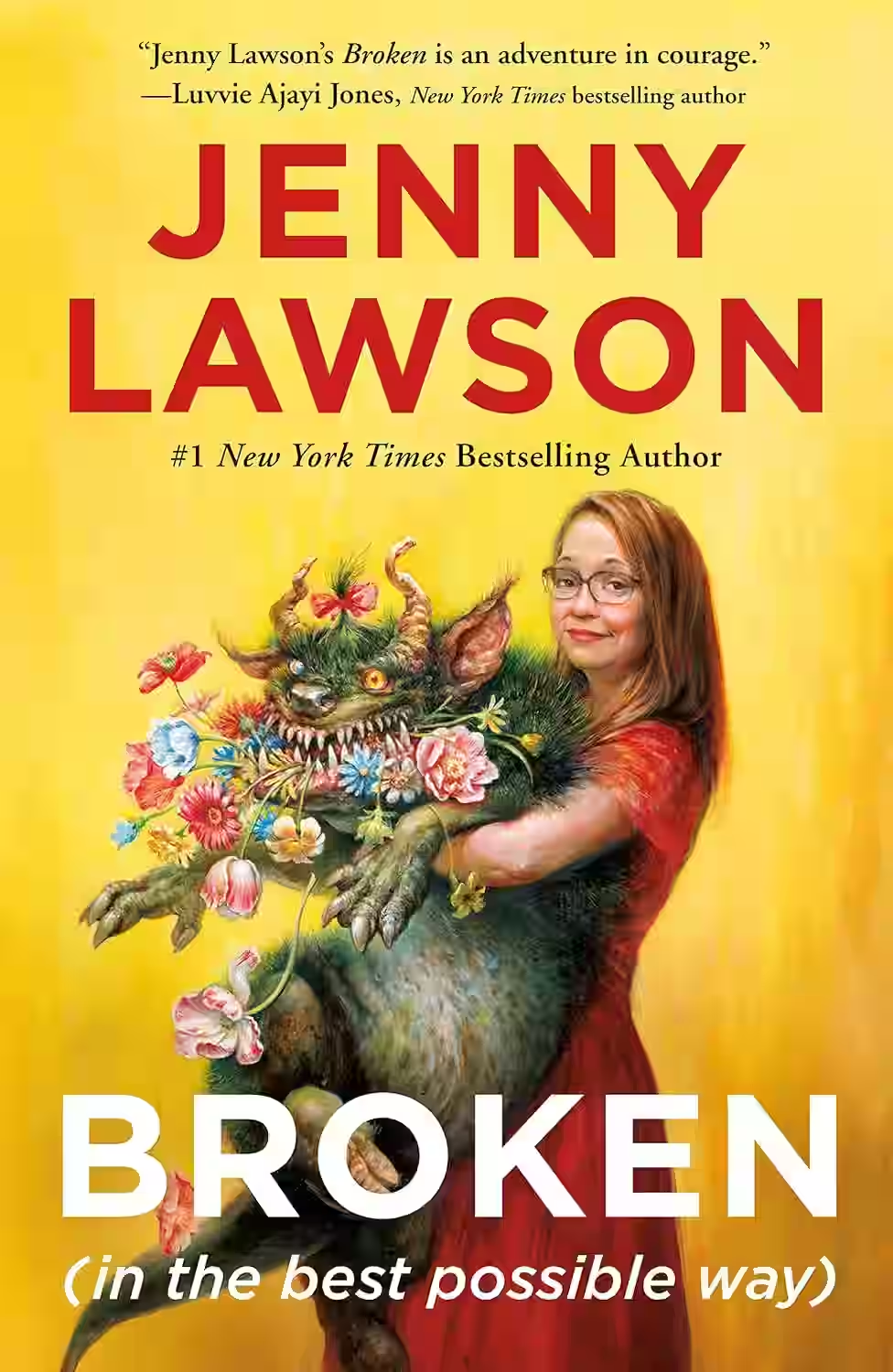
Broken (in the Best Possible Way)
by Jenny Lawson
Jenny Lawson's "Broken (in the Best Possible Way)" is a hilariously raw and deeply personal collection of essays that navigate the complexities of mental illness with wit and vulnerability. Through her trademark humor and candid storytelling, Lawson takes readers on a journey through her own struggles with anxiety and depression, offering insight and comfort along the way. From quirky anecdotes to profound reflections on life's challenges, this book is a poignant reminder that brokenness can coexist with beauty and strength. A blend of poignancy and laughter, Lawson's writing resonates with readers, reminding them that it's okay to not be okay.
Similar Books
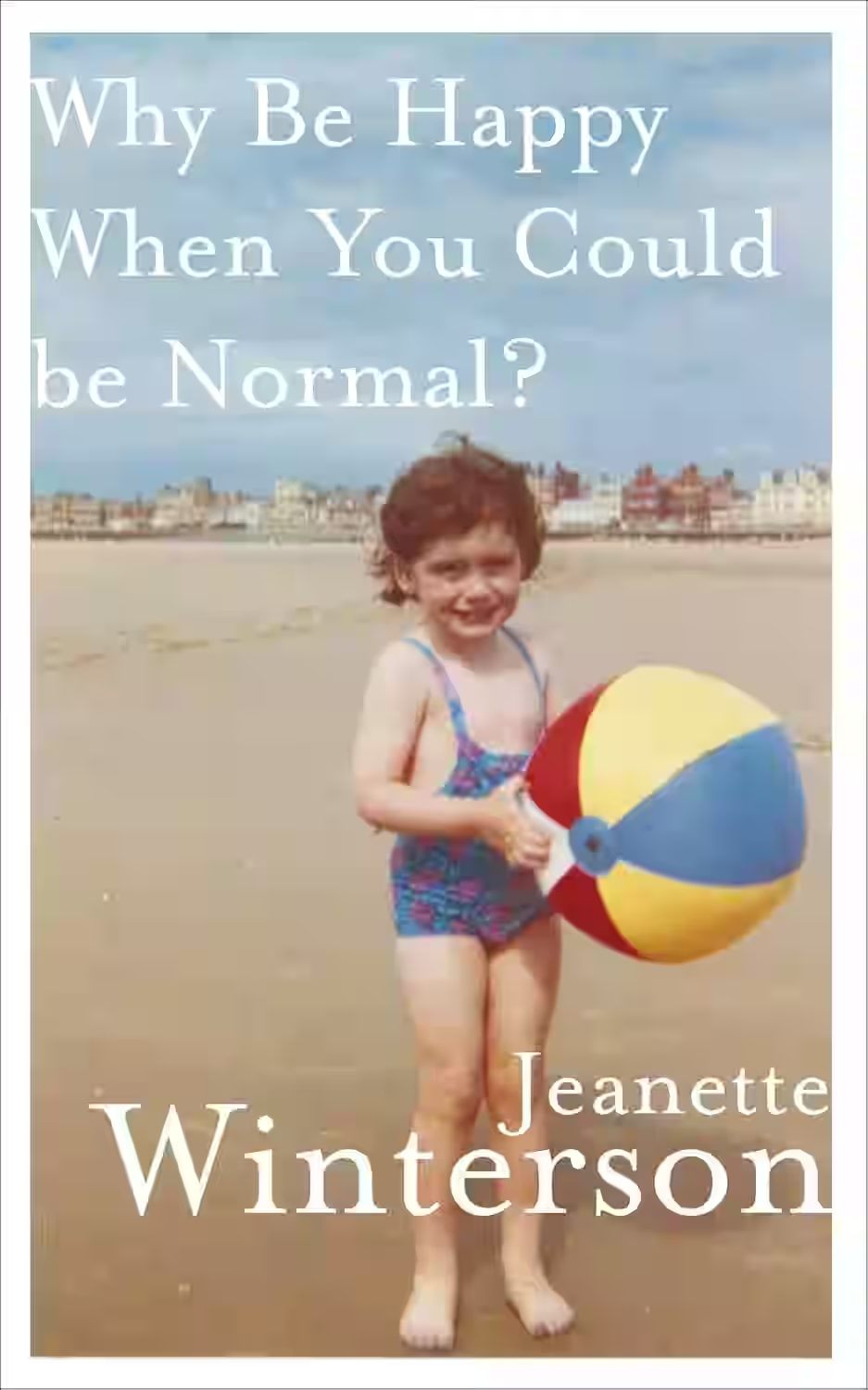
Why Be Happy When You Could Be Normal?
In 'Why Be Happy When You Could Be Normal?', Jeanette Winterson delves into her complex relationship with her adoptive mother, exploring themes of family, identity, and resilience. The memoir intertwines her tumultuous upbringing with her search for love and acceptance, ultimately leading to a powerful reflection on the importance of self-discovery and authenticity. Through lyrical prose and raw honesty, Winterson paints a vivid portrait of her journey towards understanding and forgiveness. This poignant and introspective narrative resonates with readers, offering a compelling exploration of the human spirit's capacity for healing and transformation.
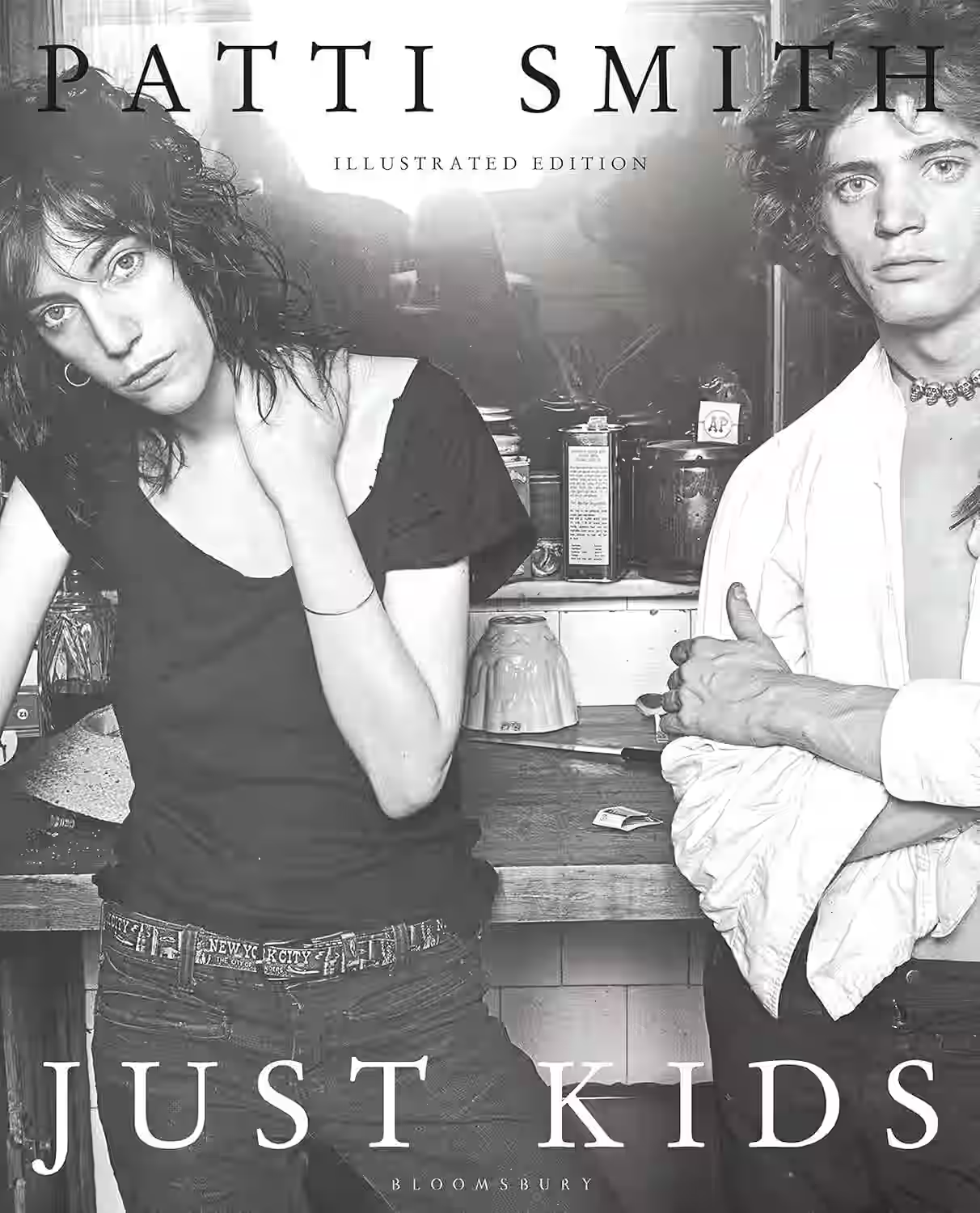
Just Kids
by Patti Smith
In 'Just Kids' by Patti Smith, the iconic musician and poet shares a poignant and mesmerizing memoir of her early years in New York City and her deep friendship with renowned photographer Robert Mapplethorpe. The book delves into their bohemian lifestyle, artistic pursuits, and struggles for recognition in the bustling art scene of the 1960s and 1970s. Smith's lyrical prose beautifully captures the essence of their bond and the challenges they faced as young artists navigating love, loss, and self-discovery. 'Just Kids' is a moving tribute to creativity, friendship, and the enduring power of art.
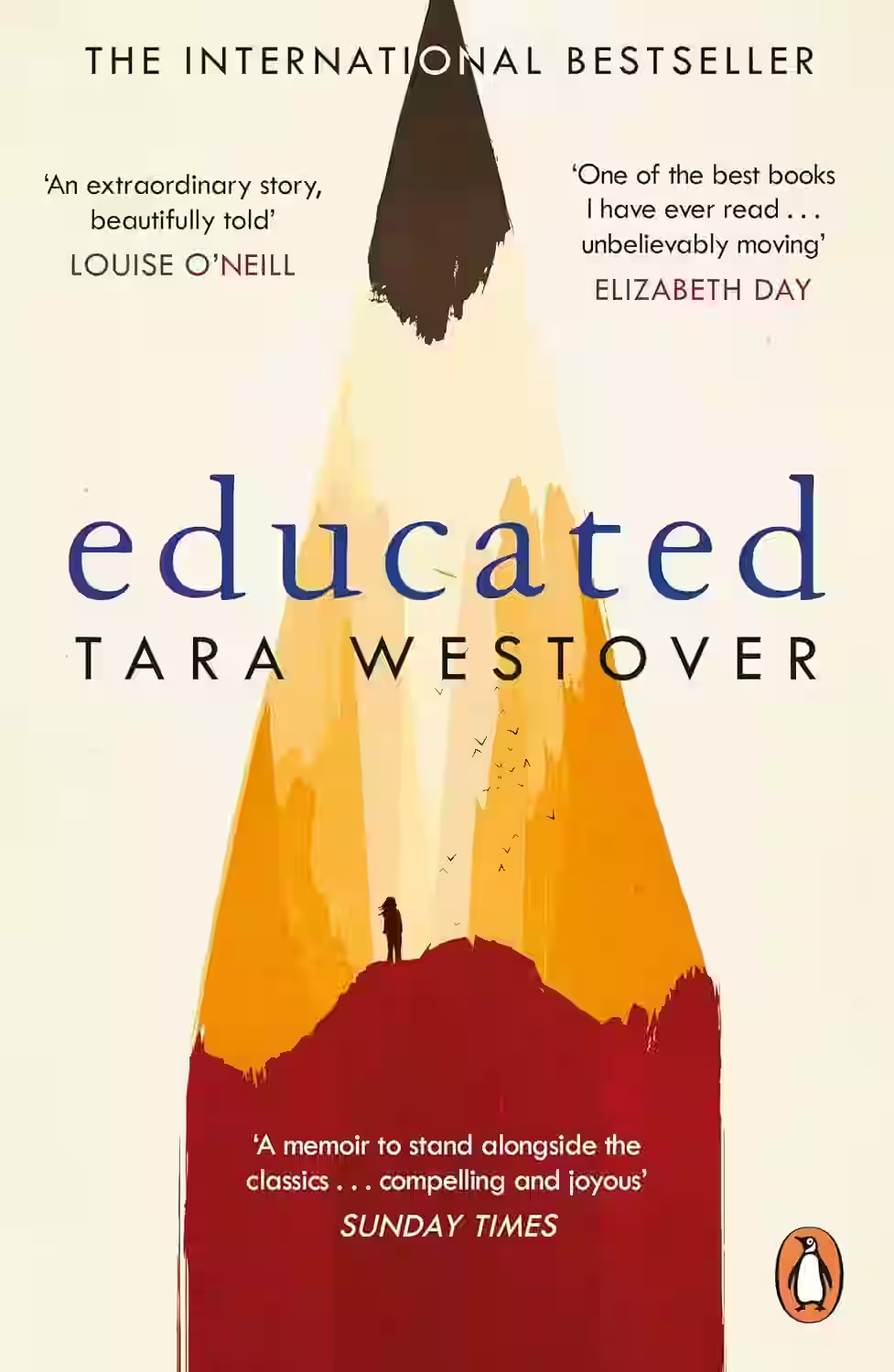
Educated
In 'Educated' by Tara Westover, readers are taken on a poignant journey of self-discovery and resilience. This gripping memoir follows Westover's upbringing in a strict and isolated household in rural Idaho, where she was denied a formal education. Despite her obstacles, Westover's thirst for knowledge leads her to pursue education on her own terms, ultimately earning a PhD from Cambridge University. Through themes of family bonds, mental health, and the pursuit of education, Westover's story is both heartbreaking and inspiring. Her memoir challenges readers to confront their own beliefs and the power of education in shaping one's identity.
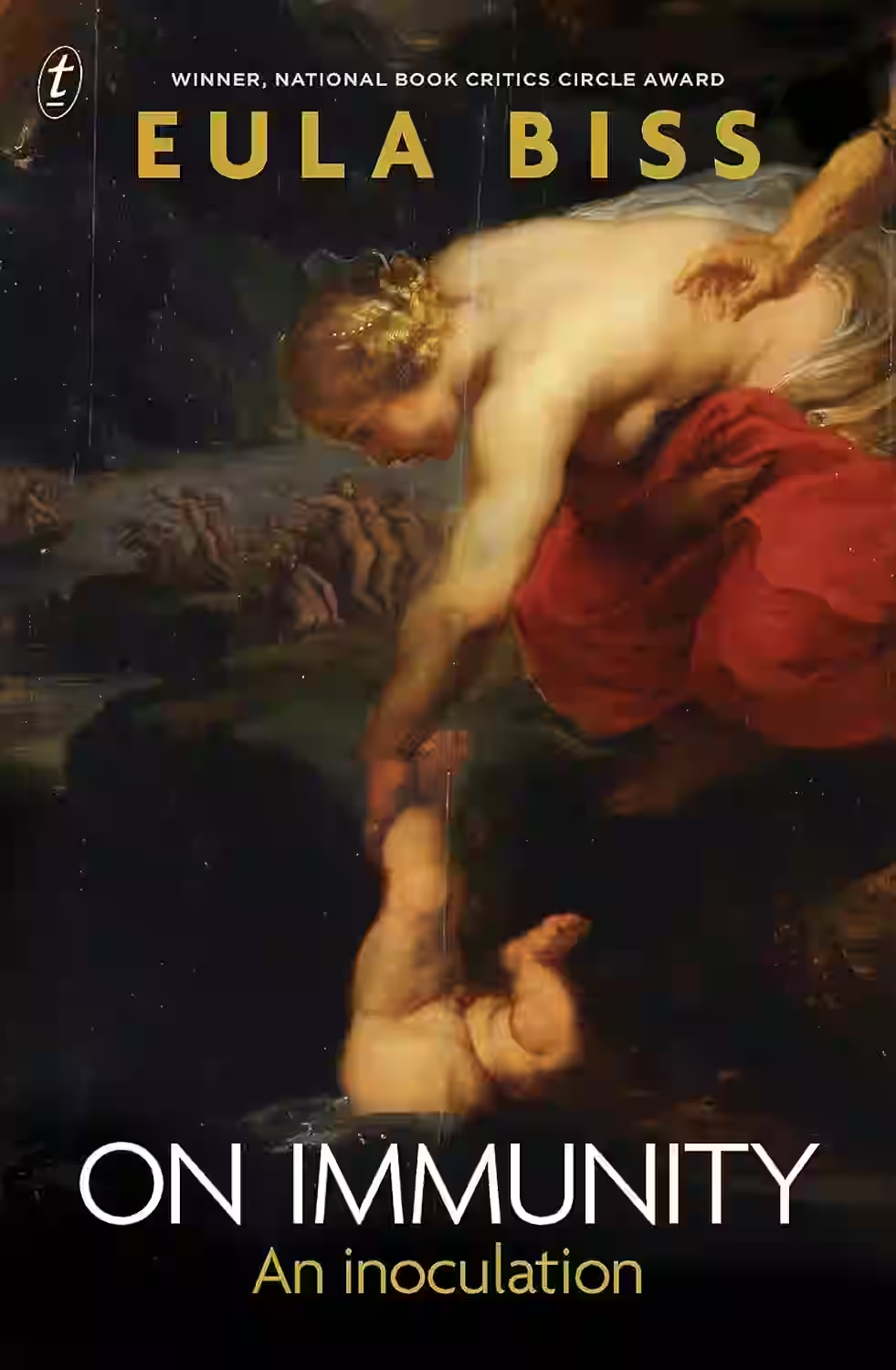
On Immunity: An Inoculation
by Eula Biss
Eula Biss blends science, memoir, and cultural criticism in this thoughtful examination of vaccines and public health. Prompted by her experience as a new mother, Biss investigates the history, fears, and philosophies surrounding immunization. She explores how ideas of purity, trust, and community intersect with medical decisions. By drawing on mythology, literature, and science, she unpacks the social implications of immunity—not just as biology, but as a collective responsibility. On Immunity is a deeply intelligent and lyrical argument for vaccination as a civic act, offering clarity in a world rife with misinformation and anxiety about health.